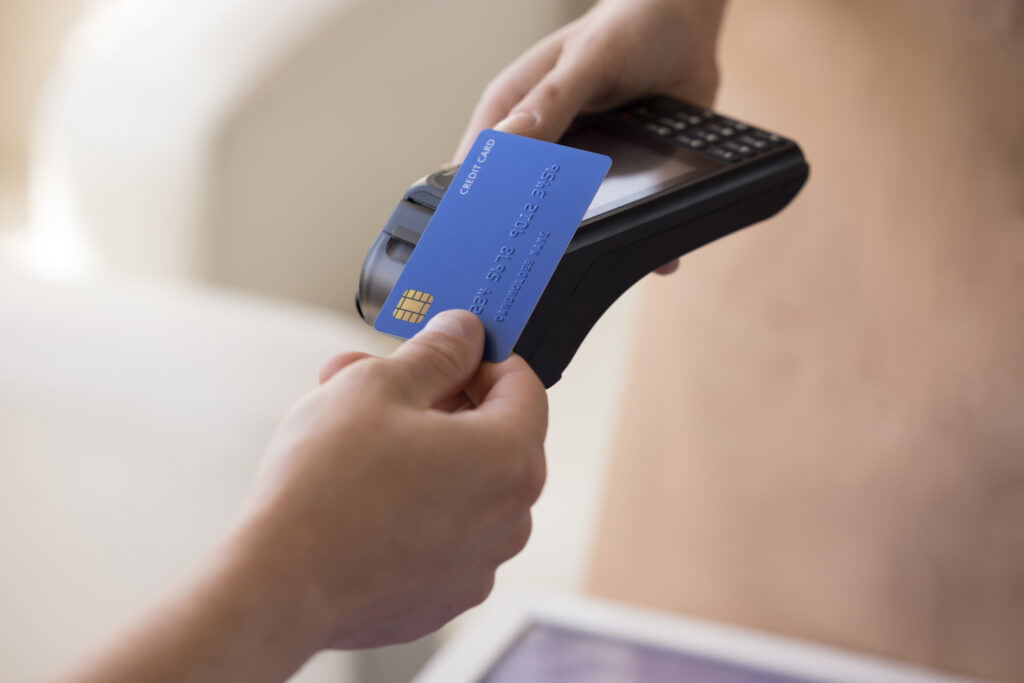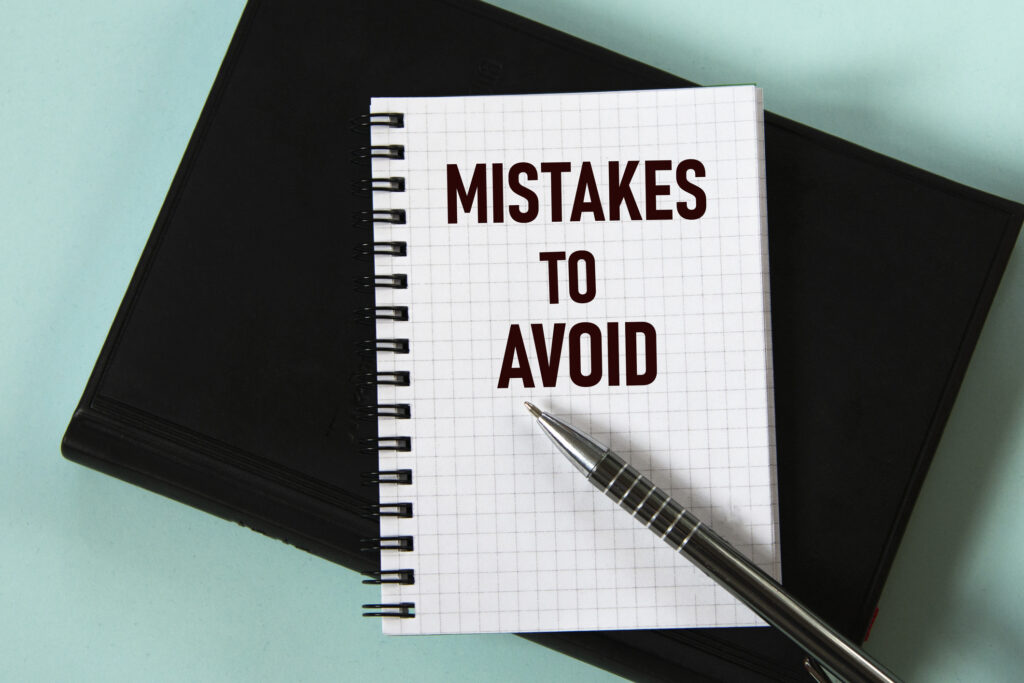Credit cards can be a useful tool when it comes to managing your finances. They offer convenience, protection, and the opportunity to build credit. However, many people are hesitant to start using credit cards because of the potential for debt and high interest rates. In this article, we will provide a beginner’s guide to using credit cards, including how to choose the right one for you, how to use it responsibly, and how to avoid common mistakes.
Related Topics:

Choose the Right Credit Card
The first step to using credit cards responsibly is to choose the right one for your needs. There are many different types of credit cards available, each with their own rewards and fees. Here are some factors to consider when choosing a credit card:
Rewards: Some credit cards offer cashback or points for purchases, which can be redeemed for travel, merchandise, or statement credits. Consider which rewards program will benefit you the most.
Fees: Credit cards may come with an annual fee, foreign transaction fees, balance transfer fees, or late payment fees. Make sure to understand the fees associated with the card before applying.
Interest rate: If you plan to carry a balance on your credit card, the interest rate will be an important factor to consider. Look for a low-interest rate or a card with a 0% APR introductory period.
Credit limit: The credit limit is the maximum amount you can charge to your credit card. Make sure the credit limit is high enough for your needs but not so high that you are tempted to overspend.

Understand Credit Card Terms and Conditions
Before using your credit card, it is important to read and understand the terms and conditions. This includes the interest rate, fees, rewards program, and other important details. You should also know the grace period, which is the amount of time you have to pay your balance in full before interest is charged. If you don’t pay your balance in full each month, interest will accrue on your balance, which can quickly add up.

Use Your Credit Card Responsibly
Using your credit card responsibly means paying your balance on time and in full each month. This will help you avoid interest charges and late payment fees. It will also help you build a good credit history, which is important for future borrowing. You should also keep your credit utilization ratio low, which is the amount of credit you are using compared to your credit limit. A high credit utilization ratio can negatively impact your credit score.

Monitor Your Credit Card Activity
It is important to monitor your credit card activity regularly to ensure there are no unauthorized charges or errors. You should also keep an eye on your credit score, which is a measure of your creditworthiness. You can check your credit score for free through many credit card companies or by using a free credit score monitoring service.

Avoid Common Credit Card Mistakes
There are several common mistakes to avoid when using credit cards. These include:
Overspending: Don’t spend more than you can afford to pay back. Only charge what you can afford to pay off in full each month.
Late payments: Late payments can result in late fees and interest charges. Set up automatic payments or reminders to ensure you pay your balance on time each month.
Maxing out your credit limit: Maxing out your credit limit can negatively impact your credit score and make it harder to get approved for credit in the future. Try to keep your credit utilization ratio below 30%.
Applying for too many credit cards: Applying for too many credit cards can negatively impact your credit score. Only apply for credit cards you need and use.

In conclusion, credit cards can be a useful tool for managing your finances if used responsibly. By understanding how they work, choosing the right card, understanding the fees and charges, and using them responsibly, you can make the most of the benefits of using a credit card while avoiding unnecessary expenses and debt.



